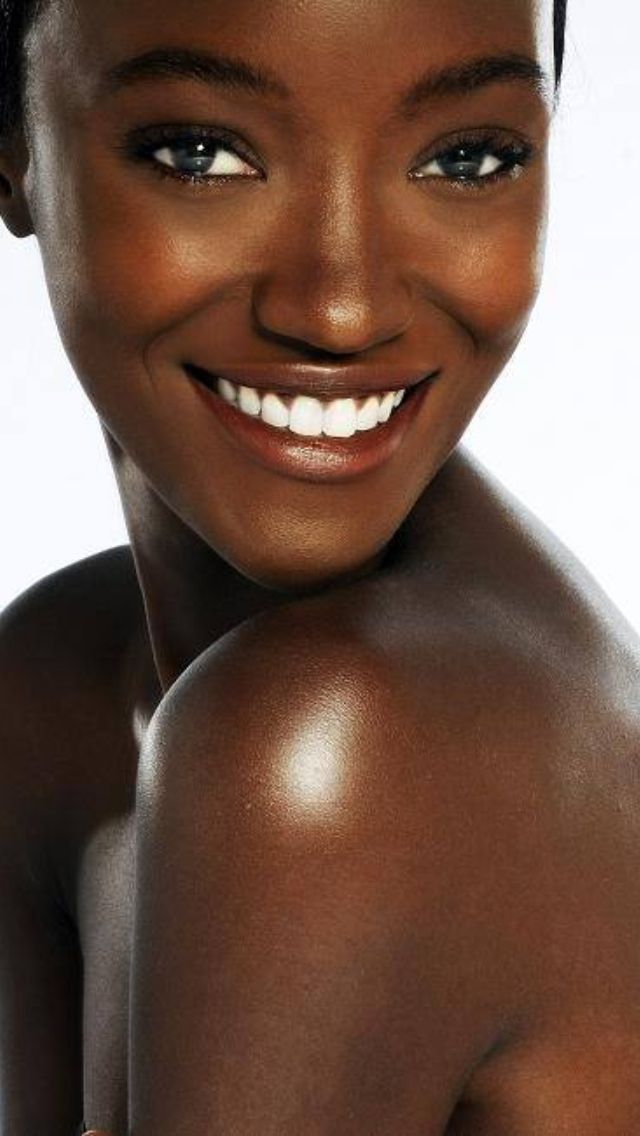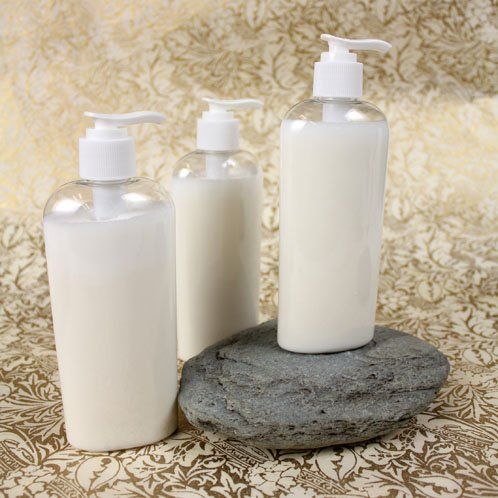Complementary, Integrative and Alternative Medicine 101
- By Lashae's Natural Body Care
- •
- 28 Jan, 2019
- •
About 50% of patients with atopic dermatitis report having used alternative and complementary treatments. But what does complementary and alternative medicine mean? And how do you know which natural treatments work for eczema and which ones you should pass on?

In recent years, alternative medicines have become increasingly popular treatments for many conditions, including eczema. Defining complementary and alternative medicine (CAM) is difficult because the field is very broad and constantly changing.
Conventional, or Western, medicine is practiced by holders of M.D. (Doctor of Medicine) and D.O. (Doctor of Osteopathic Medicine) degrees and by allied health professionals, such as physical therapists, psychologists, physician assistants, nurse practitioners and registered nurses.
The boundary between complementary and alternative medicine and conventional medicine is not absolute, and specific complementary and alternative medicine practices may over time, become widely accepted.
Conventional medicine
Conventional treatments for eczema are based upon prevention and control of symptoms. Prevention includes the avoidance of environmental triggers and irritants, as well as a proper bathing and moisturizing regimen. Conventional treatments for eczema include the use of prescription topicals, immunosuppressants, phototherapy and biologic drugs.
Conventional medicine is based on scientific research and trials and clinical practice. This means that new ways of treating a condition are tested following strict guidelines before they are used on people.
Complementary, alternative and integrative medicine
Complementary medicine refers to the use of non-conventional treatments together with conventional medicine (using acupuncture, for example, in addition to conventional care to help lessen pain).
Alternative medicine refers to the use of such treatments in place of conventional medicine.
Integrative medicine combines therapies from conventional and alternative medicine to care for the whole patient: mind, body and spirit.
Types of complementary and alternative medicine
Complementary and alternative medicine practices are often grouped into broad categories, such as the use of natural products, mind and body medicine, and manipulative and body-based practices. Although these categories are not formally defined, they are useful for discussing complementary and alternative practices. Some CAM practices may fit into more than one category.
Natural products
This area of alternative medicine includes the use of a variety of herbal treatments (also known as botanicals), vitamins, minerals and other natural products. Many are sold over the counter as dietary supplements. Some uses of dietary supplements — for example, taking a multivitamin to meet minimum daily nutritional requirements or taking calcium to promote bone health — are not thought of as complementary and alternative.
Other products include probiotics — live microorganisms (usually bacteria) that are similar to micro-organisms normally found in the human digestive tract and are considered to have beneficial effects. Probiotics are available in foods (for example, yogurts) or as dietary supplements.
Mind and body practices
Mind and body practices focus on the interactions among the brain, body and behavior, to affect physical functioning and promote health. Many complementary and alternative medicine practices embody this concept in different ways.
Meditation techniques include specific postures and/or attention to breathing patterns. People use meditation to increase calmness and relaxation, improve psychological balance, cope with illness, or enhance overall health and well-being.
The various styles of yoga used for health purposes typically combine physical postures, breathing techniques, and meditation or relaxation. People use yoga for general health and also for a variety of health conditions.
Acupuncture involves the stimulation of specific points on the body using a variety of techniques, such as penetrating the skin with needles that are then manipulated by hand or by electrical stimulation. It is one of the key components of traditional Chinese medicine and is among the oldest healing practices.
Other examples of mind and body practices include deep-breathing exercises, guided imagery, hypnotherapy and progressive relaxation.
Manipulative and body-based methods
Manipulative and body-based practices focus primarily on the structures and systems of the body, including the bones and joints, soft tissues, and circulatory and lymphatic systems.
Spinal manipulation is performed by chiropractors and by other health care professionals such as physical therapists, osteopathic physicians, and some conventional medical doctors. Practitioners use their hands or a device to apply a controlled force to a joint of the spine, moving it beyond its passive range of motion. The amount of force applied depends on the form of manipulation used.
Massage therapy encompasses many different techniques. In general, therapists press, rub, and otherwise manipulate the muscles and other soft tissues of the body. People use massage for a variety of health-related purposes, including relieving pain, rehabilitating sports injuries, reducing stress, increasing relaxation, addressing anxiety and depression, and aiding general well-being.
Other complementary and alternative medicine practices
Complementary and alternative medicine also encompasses movement therapies — a broad range of Eastern and Western movement-based approaches used to promote physical, mental, emotional, and spiritual well-being.
Examples include the Feldenkrais method, the Alexander Technique, Pilates, Rolfing, Structural Integration, and Trager Psychophysical integration.
Practices of traditional healers can also be considered a form of complementary and alternative medicine. Traditional healers use methods based on indigenous theories, beliefs, and experiences handed down from generation to generation.
Whole medical systems, which are complete systems of theory and practice that have evolved over time in different cultures and apart from conventional or Western medicine, may be considered complementary and alternative medicine.
Examples of ancient whole medical systems include Ayurvedic medicine and traditional Chinese medicine. More modern systems that have developed in the past few centuries include homeopathy and naturopathy.
Common natural remedies used for eczema
About 50% of patients with atopic dermatitis report having used alternative and complementary treatments. These treatments have not been well studied and may have associated risks. It is important to discuss any treatments with your healthcare provider before trying them, even if they appear to be harmless.
Common eczema treatments include:

Brown sugar is popularly used as scrub for exfoliating skin. It is a source of glycolic acid which is the smallest alpha-hydroxy acid (AHA). Because of its smallest size, these molecules can penetrate deep into the skin. It loosens the bonds of skin cells, and promotes new cell growth. Sugar facial is better than artificial glycolic treatments. Brown sugar exfoliates dead cells from the outer skin.
2. Moisturizer
Brown sugar is a natural humectant. It draws moisture from the environment and transfers it to the skin. It serves as a natural moisturize which keeps the skin soft and at the same time hydrated. Raw sugar is coarse. Brown sugar is gentler than salt, and softer than granulated sugar.
3. Radiant Glow
As brown sugar exfoliates dead cells from the outer skin and hydrates the skin, it gives the skin a shiny glow. It works to prevent and assuage problems of tanned skin. It can be applied on legs, back, and shoulders.
4. Removes Scars
Application of brown sugar helps to lighten skin and diminish the scars. Glycolic acid present in brown sugar is known to make the skin fairer. It also controls the melanin formation.
5. Prevents Acne
Brown sugar naturally exfoliates, and removes dead cells. It hydrates the skin and promotes healthy skin cleansing and circulation. Those prone to acne can opt for brown sugar facials to prevent acne and pimples , and to capture that perfect selfie with glowing skin. Brown sugar facial mask also has anti-bacterial properties.

Is your skin dehydrated? Dryness is a lack of oil ON the skin, Dehydration is a lack of moisture IN the skin. There are a few simple ways to determine if your skin is dry or dehydrated.
First off, take note of your entire body function, not just the appearance of your skin. Your urine should be clear or very light yellow and you should be going every few hours. If it is darker yellow, has a strong odor or you only go one to two times per day; your body is most likely dehydrated, which would include your skin. Secondly, pinch a small amount of skin on the back of your hand – it should easily rebound to it’s normal state. If it does not, your skin is likely dehydrated.
If your urine is clear and you don’t experience any form of “tenting” when your skin is pinched, you may just have superficially dry skin from environmental conditions. But, if you do notice the above signs, it’s time to start increasing your intake of water.
Dry skin is a very common skin issue that you are sure to experience at some point in your life. Dry skin is the result of a variety of factors with indoor furnaces, dry winter weather and frequent washing with an alcohol based soap being some of the main ones.
You may have looked online or found a store that carries both lotions and body butters, but perhaps found yourself scratching your head in confusion. Aren’t all lotions the same, and isn’t a body butter a lotion too?
That’s why we’re here, to help make things a bit easier for you to understand when it comes to hydrating your parched skin. So keep reading, and then get on over to our site to treat your skin to some all natural, quality products!
What is a Lotion?
Lotions are made up of a combination of water and oil, bound together with an emulsifier. Before you dismiss a lotion because it contains water, consider this; water is not a filler ingredient in lotion, but rather there to help hydrate your dry skin cells. So the water in a lotion aids in hydrating your skin cells, and the oils in a lotion help to ensure that that moisture stays locked into the skin.
Lotions also absorb deeply into the skin, leaving no greasy finish, and are an ideal option if your skin is already dry or dehydrated.
What is a Body Butter?
If you’ve ever applied a body butter to your skin, then you know how incredibly luxurious and silky it feels on the skin, and we won’t be surprised if you’ve ditched the lotion altogether in favor of this richer and thicker product. However, body butters may not be your best option if your skin is dehydrated.
Body butters differ from lotions in that they contain a combination of a butter, usually shea butter, along with a combination of oils, such as coconut and apricot kernel oil. While these deeply nourishing ingredients will certainly moisturize your skin, it’s important to apply it after a shower when your skin is still damp from the shower to ensure it absorbs properly and stays locked into the skin. Body butters are ideal if your skin is superficially dry, or if you have any skin issues such as chapping or inflammation, as shea butter is especially excellent at treating these kinds of skin issues. Another option would be to apply your butter over a lotion for additional protection and hydration.
As you can see, lotions and butters
have different benefits, however best results can be seen if used in
conjunction with each other.